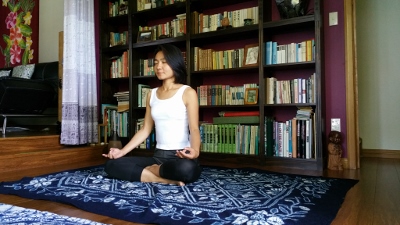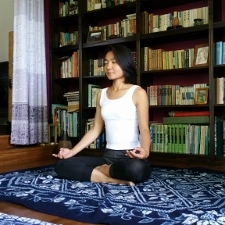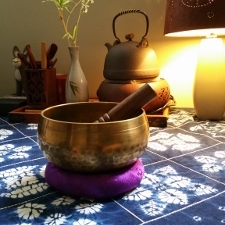Anxiety and depression have become a more and more “common condition” nowadays. Many of us can relate to them at least at some point in our lives. It’s important to know that anxiety and depression are not something we need to fear, rather, they are human’s natural emotional responses to external stresses and triggers. In other words, they are the results of our survival instincts. What makes real differences in our lives is how to deal with them.
First, we’ll need to distinguish being anxious and/or depressed from having anxiety and/or depression. Everyone feels anxious and depressed from time to time, and that is ok. At a certain level, being anxious can be helpful – it may help us react to stresses or potential threats by enabling us to be focused on the situation and physically charged to deal with it. And it usually settles down once the stressful situation has passed. Anxiety is when being anxious becomes a “norm”, the anxious feelings do not go away, and you can’t seem to control them. It might be hard to know how much is too much. Here are some key symptoms to look out for:
- Persistent worrying ideas and/or snowballing worries
- Racing heart and/or tighten feeling around the chest
- Struggling to breathe
- Hot and cold flushes
- shaking
Being depressed is also a natural emotional response. We would all be feeling down when having a relationship break-up, losing a job, or losing a loved one, it is pretty normal. Usually, the feelings will fade away over time and we get on with life. But if the depressed feelings linger for a long period, even when things improve, it’s time to take action to heal. Here are some typical symptoms of depression:
- Constantly feeling down or hopeless
- Struggling with having interest and pleasure in doing things
- Feeling tired all the time
- Having troubles with sleep, or a general loss of energy
- Reduced appetite and sex drive
- Thinking of harming yourself, suicidal thoughts
There are many ways to deal with anxiety and depression. A thorough talking therapy to discover the patterns and causes of your anxiety and depression is a good start. A decent understanding is already halfway to success – this is a golden rule I found in every client. Hypnotherapy and guided meditation/visualisation are also powerful methods to approach the discovery. Once you have gained a comprehensive understanding of “where and how the anxiety and depression have formed”, the healing can be achieved through various ways, mindfulness practice, physical exercise, guided meditation of Letting Go, rediscovering your inner strength, just to name a few. A combination of the healing methods that you feel comfortable with often brings a promising result.





